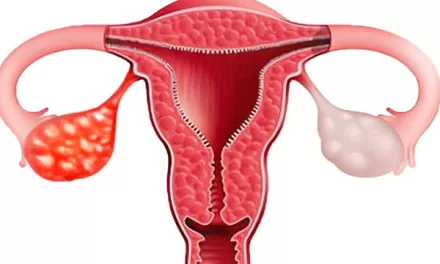In a significant finding for families utilizing in vitro fertilization (IVF) and other Artificial Reproductive Technologies (ART), a new study has revealed that adolescents conceived through these methods do not face an increased risk of mental health or neurodevelopmental conditions compared to those conceived naturally.
The research, led by Professor Alexandra Martiniuk, an epidemiologist at The University of Sydney, followed children conceived via ART until they reached adolescence. Martiniuk highlighted that the longitudinal nature of this study, which monitored the participants over an extended period, provided robust evidence that these children did not exhibit a higher likelihood of developing mental disorders than their naturally conceived peers.
“Mental disorders were defined in this study as autism, ADHD, anxiety, and/or depression,” Martiniuk explained in an interview with IANS. “Among the adolescents born from IVF studied, 22 percent had a mental disorder. However, this was a small number and no significant relationship between the use of ART and the development of mental disorders in these adolescents was found.”
The study utilized data from the Longitudinal Study of Australian Children, which has been tracking 10,000 babies and toddlers since 2004, collecting comprehensive information on various life aspects, including health, relationships, work, education, and lifestyle. This extensive dataset allowed researchers to control for known confounding factors, such as birth weight and maternal mental health, which previous studies often struggled to account for.
For many families relying on ART, these findings provide crucial reassurance about the long-term mental health of their children. The study dispels prevalent misconceptions that children conceived through ART are at a higher risk of developing psychological and neurodevelopmental problems during adolescence.
“This study is an important addition to existing knowledge,” Martiniuk stated. “We were able to control for known confounders and followed children into adolescence, further strengthening confidence in the findings.”
The implications of this research are far-reaching, offering peace of mind to the countless families worldwide who have turned to ART to conceive. As the use of ART continues to rise, such evidence-based insights are vital in shaping public understanding and dispelling unwarranted fears surrounding these technologies.












